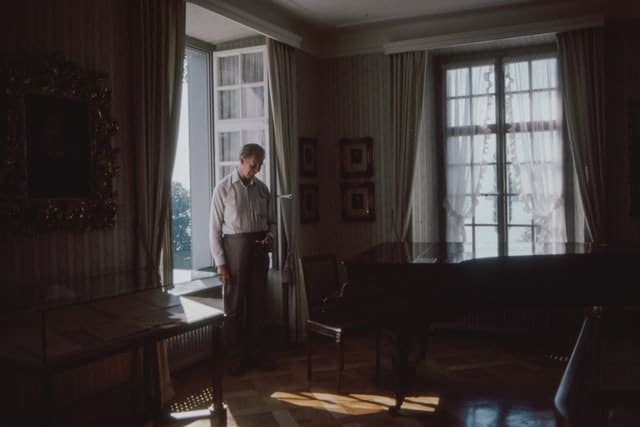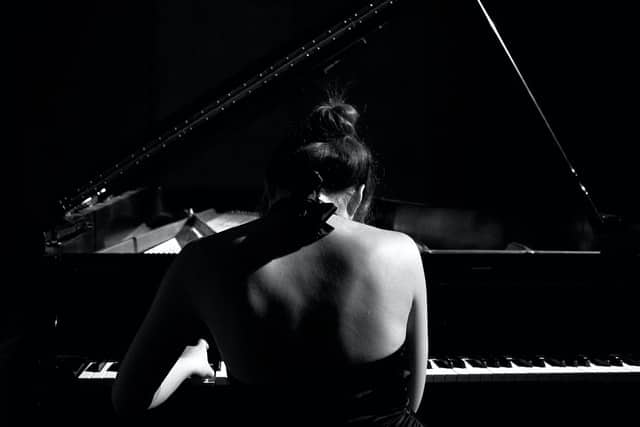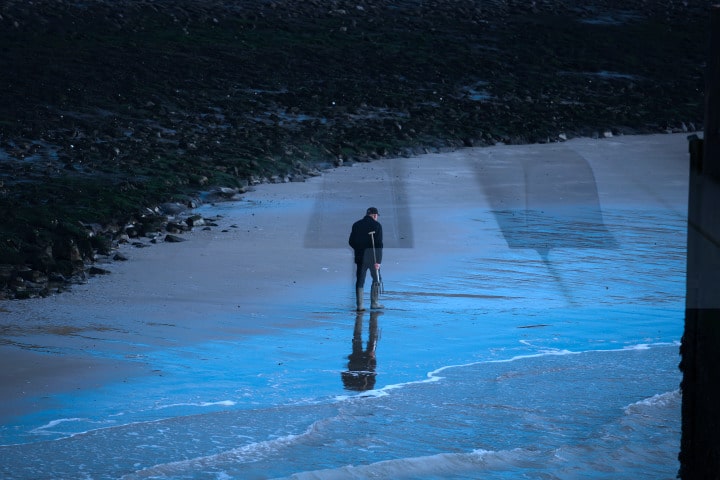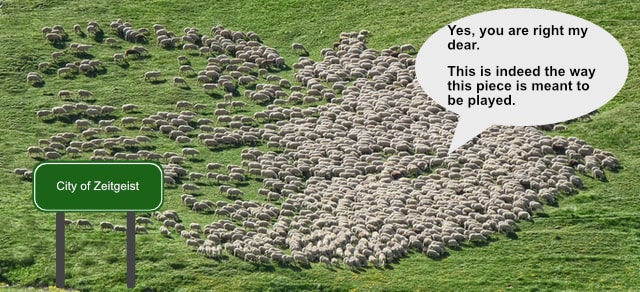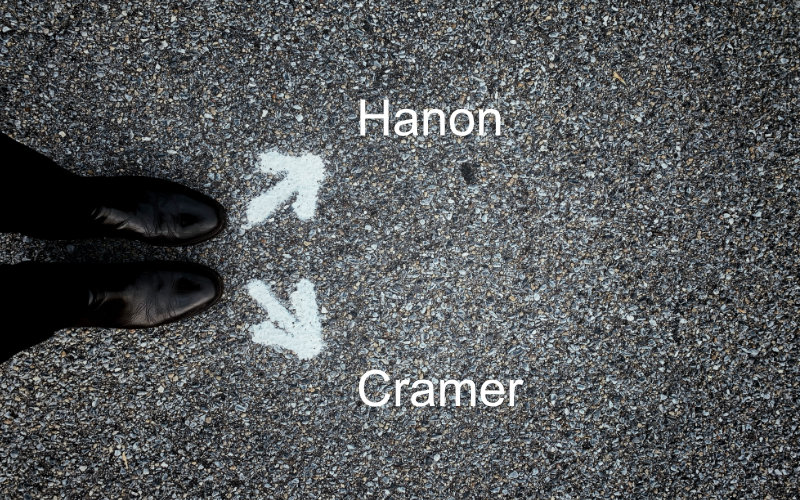
Which Is the Perfect Repertoire to Teach Your Pupils
Few have been the unresolved mysteries of this world; mysteries that have tantalised humanity for centuries on end:
“Where’s the Loch Ness monster located exactly?” “Which came first, the chicken or the egg?” “Whatever happened to the illustrious composer Jacques du Prassi?” And of course, “Am I teaching the right repertoire to my gullible students?”
Some amazing minds have answered some of those questions. However, most of them died before they monetised their findings, letting the world know of the answers. It is said, for instance, that a Scandinavian man found the greatest piano website on the internet, and when asked by his wife which was it he just uttered “pianoprac…” before accidentally being crashed to his death by the lead of his Bösendorfer Imperial Grand. Who knows? He might have been into something… But it could have been just a tale.
I, myself, have a few thoughts of who could own the greatest piano website on earth, and what an amazing mind he could be, but who am I to even talk about that genius of the piano? I might have some clues, but am I allowed to speak out? Who would believe me? Not me, for one.
But before veering off too much from the purpose of this article, let me start by reassuring you about your own musical choices and the repertoire you choose to teach to your own pupils:
- No, you are not an utterly incompetent piano teacher!
- No, you are not another clueless “pedagogue” asking juvenile music questions on social media!
- No, you are not a horrible manager of your piano business!
- No, your choice to become a piano teacher instead of having an important job was not the wrong one.
- No, you are not driving mad your audiences with your artless “performances”.
- No, you are not just another drop in the vast bucket of pianistic mediocrity.
You are a good musician! I promise you. Not kidding at all. Cross my heart.
Your choice of repertoire is just great! No need to worry too much about it. You know why? Because every single piano teacher in the history of piano teachers had this issue going on forever; from the greatest piano teachers to the least capable of us, we all have had the predisposition of questioning ourselves and our abilities. And guess what? Like bullying, affectation and human savagery, the questioning of ourselves will never end. It is always going to be there, and we will always claim new remedies and magical solutions to treat it for good. This questioning of our abilities, and, therefore, of our inner self, is like a Lernaean Hydra — is going to appear again and again until the next guru claims a cure.
So, just plough on regardless. Explore new repertoire, try out new things, and by all means, question yourself and keep improving your own pedagogical potion. There is no right or wrong repertoire to teach your students. There is only the notion of improving our current choices.
You will eventually get there. And yes, maybe by burning a few talents on the way. But who cares? You can’t win them all. And don’t forget that it’s always the “talent’s” fault that you burned it. Not yours. Not all “talents” will become the next Christian Zimmerman. Some of them deserve to be burned, so the other talents shine even more.
Look at me, for instance! I managed to forge a career on the piano (of all professions) and I am not half decent musician. Go figure. I was perhaps burned as a pupil, but who cares? I deserved it! If I wasn’t burned together with countless other pianists and instead we all realized our full potential as musicians, there would have been far too many great musicians around, so it would have been harder to challenge our esthetics and improve our musical understanding. Everyone would have been a great musician — how horrible is that?
So, trust yourself and your own little piano modus operandi.
And, tell you what — Do you know for sure which is the bestest piano method? Does it exist? And if it exists, will it render the rest obsolete? Well, you know the answer. There is no perfect repertoire or method to teach a student. There is only the current in-vogue method that will undoubtedly fall prey to a trendier future one.
The perfect repertoire is the one you are already working on and manifest to your students — just keep improving it.
And all this drivel above because every student is unique. Hm. Now, go and just teach some piano.
Copyright © 1st of May 2022, by Nikos Kokkinis
===========


